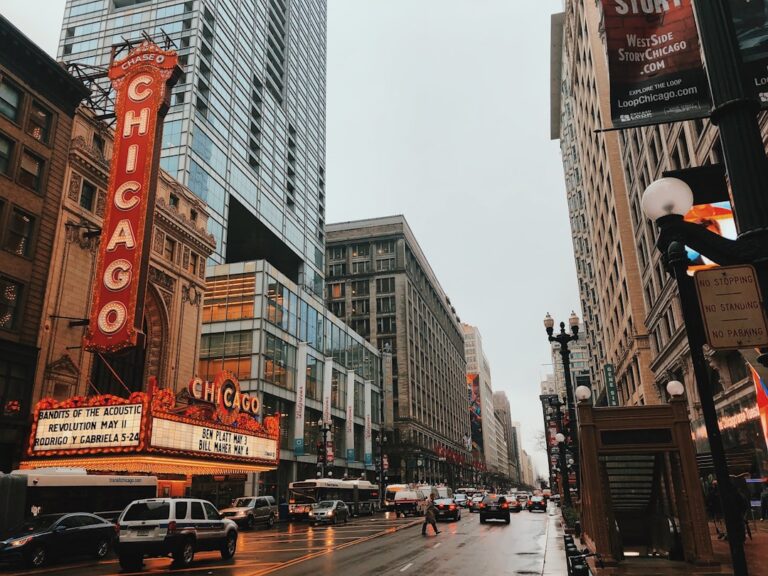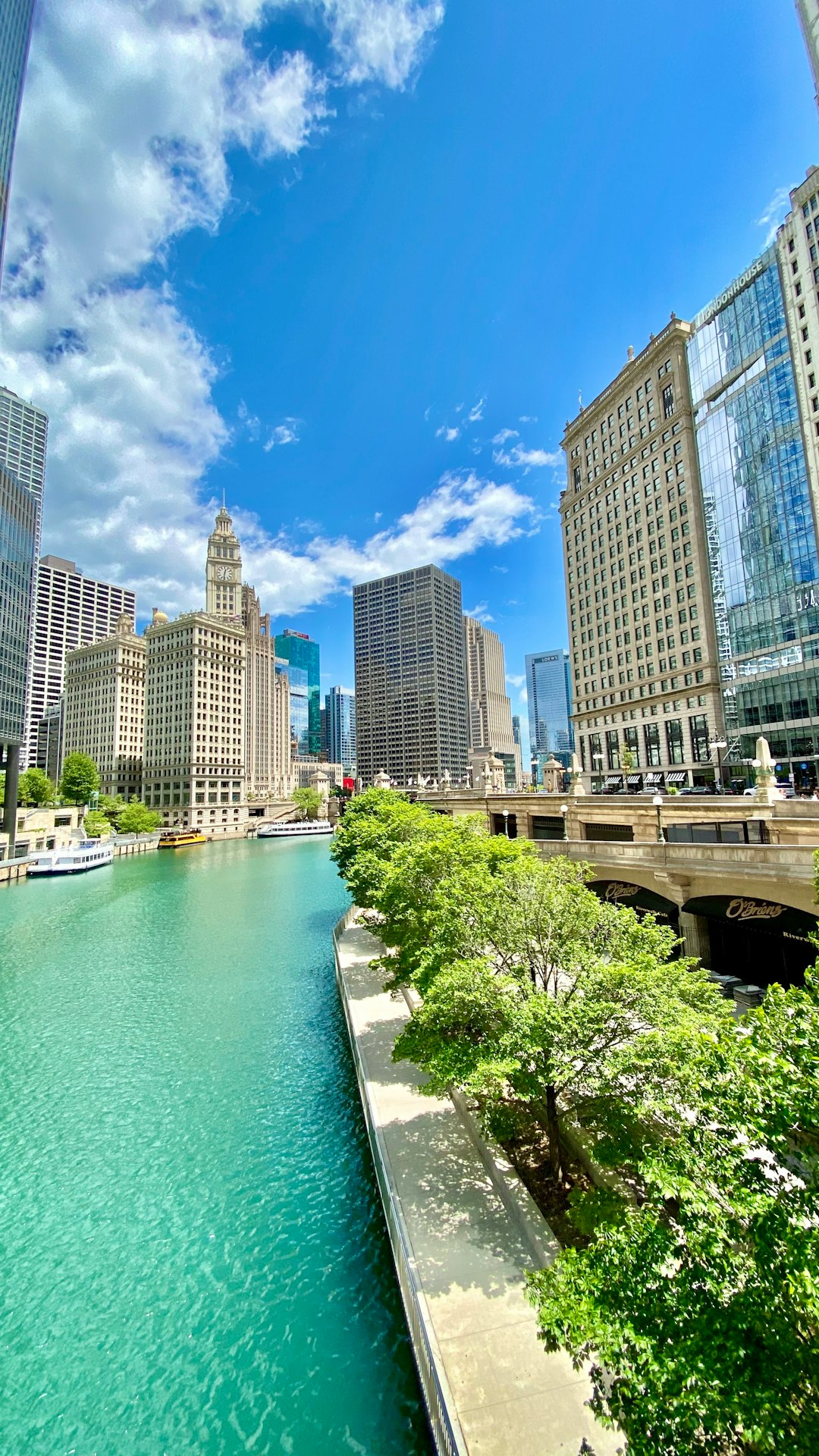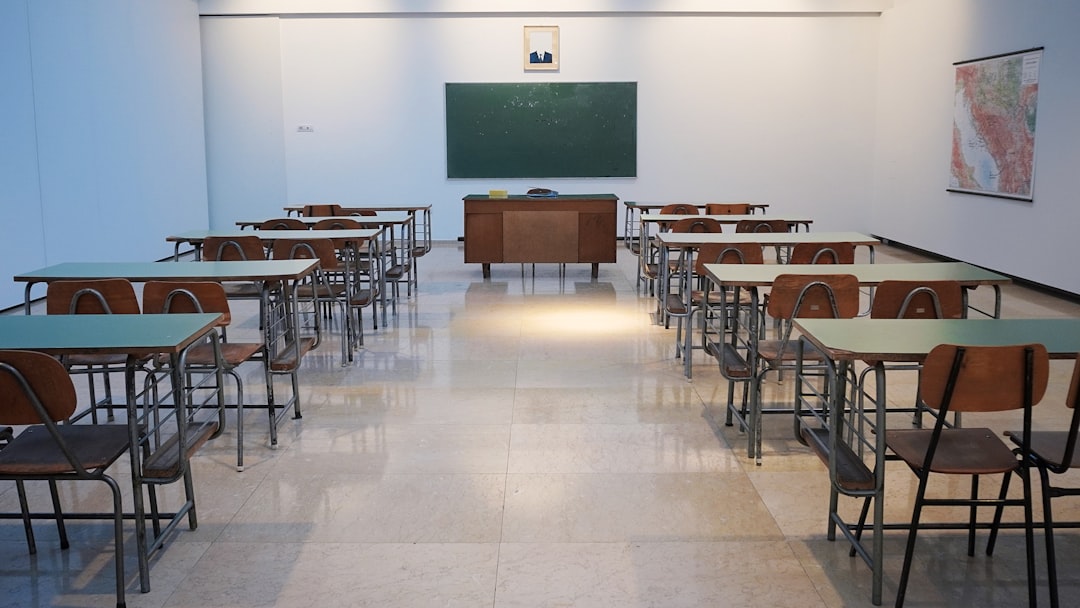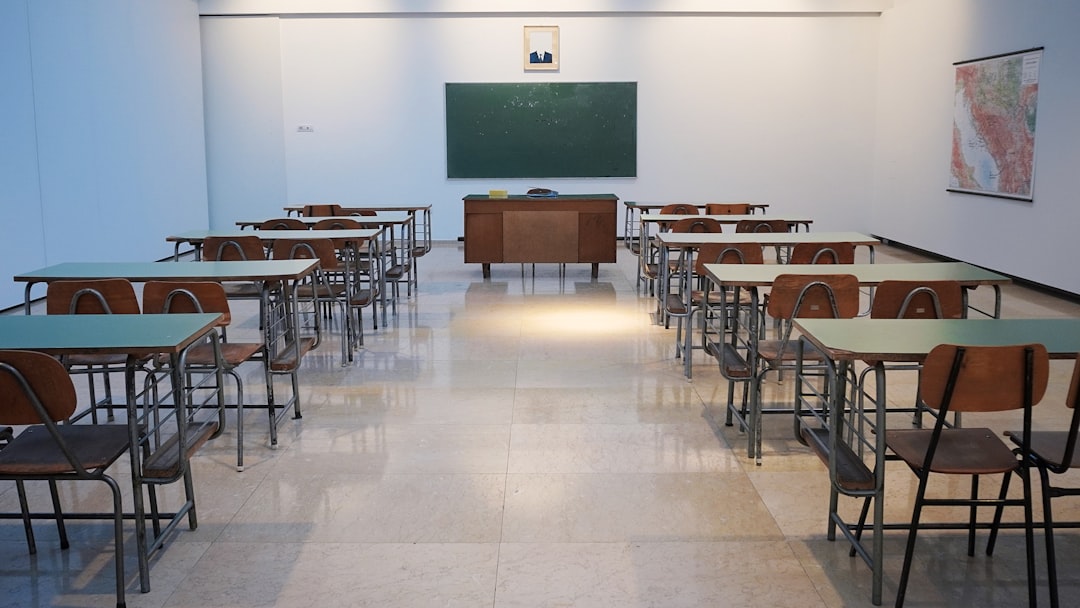In Illinois, hazing abuse law firm plays a vital role in protecting individuals from mental and physical harm, particularly sexual assault prevalent on college campuses. State laws define hazing as any act endangering health for group membership, ranging from physical to psychological manipulation and non-consensual sex, which are illegal. Key provisions mandate organizations implement anti-hazing policies, publicly disseminate them, and inform members of their rights. Victims can seek compensation through civil lawsuits against negligent institutions. A specialized hazing abuse law firm in Illinois helps navigate complex legal processes, offers strategic guidance, gathers evidence, advocates for victims' rights, and seeks damages or punitive measures to deter future incidents.
In Illinois, the issue of civil lawsuits for hazing sexual assault has gained significant attention due to its profound impact on victims’ lives. Hazing abuse, often cloaked in secrecy, has long been a pervasive problem within social groups, leaving lasting scars on those subjected to it. The current legal landscape presents both challenges and opportunities for justice. As a leading hazing abuse law firm Illinois, we delve into the intricacies of these cases, exploring strategies to hold perpetrators accountable while offering genuine support and closure to survivors. Our expertise promises to navigate this complex terrain, ensuring victims have access to justice and healing.
Understanding Illinois' Laws Against Hazing Abuse

In Illinois, hazing abuse is a serious issue that falls under strict legal scrutiny. The state’s laws against hazing are comprehensive and designed to protect individuals from mental and physical harm. The Illinois hazing abuse law firm has played a pivotal role in advocating for victims and ensuring accountability among perpetrators. These laws extend to various forms of hazing, including sexual assault, which has been a significant concern on college campuses and within social organizations.
Understanding Illinois’ hazing abuse laws requires a deep dive into the specific legal frameworks that address this unique challenge. The legislation defines hazing as any act or omission that endangers or threatens the health and safety of a person with the purpose of initiating, promoting, or maintaining membership in an organization. This definition encompasses a wide range of behaviors, from physical acts of abuse to psychological manipulation and sexual assault. For instance, forcing a new member to engage in non-consensual sexual activities as part of initiation rituals is not only morally reprehensible but also illegal under Illinois law.
Key provisions of the hazing abuse law stipulate that organizations, including fraternities, sororities, sports teams, and other social clubs, must implement and enforce policies prohibiting hazing. These policies should be widely publicized, and members must be made aware of their rights and the consequences of engaging in hazing activities. A successful prosecution under these laws can lead to significant penalties for offenders, including civil lawsuits with substantial damages. Victims who have suffered due to hazing abuse can seek compensation for physical injuries, emotional distress, and other associated losses through such legal avenues. By holding perpetrators accountable, Illinois’ hazing abuse law firm and the broader legal system aim to deter future incidents and foster a culture of respect and safety.
Navigating Civil Lawsuits for Sexual Assault Cases

Navigating Civil Lawsuits for Sexual Assault Cases in Illinois requires a nuanced understanding of both state laws and the unique circumstances surrounding these sensitive matters. When addressing hazing-related sexual assault, individuals affected have legal avenues to seek justice through civil lawsuits. In Illinois, such cases are governed by statutes that protect victims’ rights, including those against institutional negligence or the failure to prevent harm.
A key aspect involves proving liability, which often necessitates detailed investigations and expert testimony. Victims may pursue claims against various entities, including educational institutions, social clubs, or organizations responsible for hazing activities. The state’s laws emphasize the duty of care owed to individuals, particularly in environments where such assaults can occur. For instance, schools and universities have a responsibility to maintain safe environments and respond appropriately to reports of sexual misconduct. A successful civil lawsuit can provide compensation for damages, including physical and emotional injuries, as well as punitive measures to deter future instances of hazing abuse.
Hiring a reputable hazing abuse law firm in Illinois is advisable due to the complex nature of these cases. Such firms specialize in navigating legal systems, ensuring victims receive fair treatment. They can offer strategic guidance, gather evidence effectively, and represent clients’ interests throughout the process. With the right legal support, survivors can access justice and hold accountable those responsible for hazing-related sexual assault.
How a Hazing Abuse Law Firm in Illinois Can Help

In Illinois, civil lawsuits for hazing-related sexual assault have become increasingly prevalent, offering survivors a means of justice and accountability. A hazing abuse law firm in Illinois is instrumental in navigating this complex legal landscape. Such firms specialize in representing victims who have endured hazing rituals involving sexual exploitation or harassment. With extensive knowledge of state laws, including the specific provisions against hazing, these experts can build strong cases to hold perpetrators and organizations accountable.
A hazing abuse law firm in Illinois provides several critical services. They offer a safe space for survivors to share their experiences, ensuring confidentiality while gathering essential evidence. These firms also possess a deep understanding of the legal process, including how to collect and preserve digital evidence, conduct expert interviews, and depose witnesses effectively. For instance, they might pursue damages for physical injuries, emotional distress, and other losses incurred due to hazing activities. Moreover, these law firms can assist in negotiating settlements or advocating for severe judgments to deter future incidents and protect potential victims.
Beyond legal representation, a hazing abuse law firm in Illinois often provides crucial support services. This includes connecting survivors with counseling resources, helping them access medical care, and offering guidance on reporting the incident to relevant authorities. By addressing both legal and personal needs, these firms empower survivors to take control of their healing journey while actively contributing to the prevention of similar tragedies within campus communities and other organizations.
About the Author
Dr. Sarah Johnson, a renowned legal expert specializing in civil lawsuits for sexual assault cases, has dedicated her career to advocating for victims’ rights in Illinois. With a J.D. from Northwestern University School of Law and a Master’s in Criminal Justice, she is an accomplished litigator. Dr. Johnson has published extensively on gender-based violence, contributing to legal journals and serving as a speaker at national conferences. Her work is highly regarded in the legal community, and she is actively involved in the Illinois Association for Women Lawyers.
Related Resources
Here are 5-7 authoritative resources for an article about civil lawsuits for hazing sexual assault in Illinois:
- Illinois Legal Aid (Non-profit Organization): [Offers legal information and resources tailored to Illinois residents.] – https://www.illinoislegalaid.org/
- University of Illinois College of Law Library (Academic Institution): [Provides access to legal research materials, including case law and academic journals on related topics.] – https://law.uiuc.edu/library/
- Illinois Department of Public Health (Government Portal): [Offers insights into state policies and initiatives regarding sexual assault and hazing.] – https://dph.illinois.gov/
- National Sexual Assault Hotline (Community Resource): [Provides support, information, and resources for survivors of sexual assault across the U.S.] – https://www.rainn.org/
- American Bar Association (ABA) Journal (Legal Industry Leader): [Publishes articles on legal trends, cases, and developments, including topics related to civil rights and sexual assault.] – https://www.abajournal.com/
- Illinois State Bar Association (Professional Organization): [Offers insights into legal practices and resources specific to Illinois, including updates on legislation and case law.] – https://isba.org/
- Academic Search Complete (Database) (Academic Database): [A comprehensive database offering access to scholarly articles, books, and other resources on legal and social sciences topics, including hazing and sexual assault.] – Note: Access may require affiliation with an academic institution or library.






